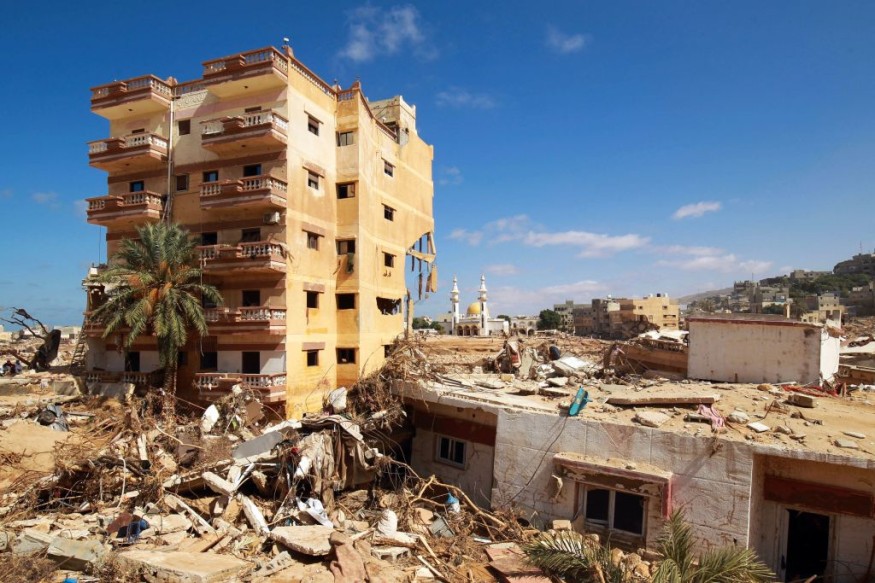There has been a strong call for an immediate investigation into the cause of the deadly floods in Libya.
The call was made after the Libyan Red Crescent had disclosed that the number of fatalities in the massive inundation has already climbed to more than 11,000 individuals.
Officials said that nearly 20,000 people are still on the missing list.

Number of fatalities continues to mount
With the increasing death toll, body bags are currently facing a shortage.
Many of the bodies have been buried in mass graves, but body bags are still needed in order to prevent the spread of disease from the cadavers that are not yet buried.
Rescue teams have been able to enter the City of Derna, the most-hit area, as they continue to look into the rubbles and ruins that was left by the floods.
Officials wanted an inquiry in order to hold accountable those who had committed a mistake or negligence by refusing to take actions that resulted in the collapse of the city's dams.
So far, the massive floods have displaced at least 30,000 individuals in Derna as it also damaged or destroyed many access roads towards the city.
Local authorities were able to clear some routes, with humanitarian convoys starting to enter the flood-stricken city.
Rescue teams from Egypt, Tunisia, the United Arab Emirates, Turkey and Qatar have already arrived in Libya.
Death toll could have been prevented
The United Nations World Meteorological Organization said that the huge death toll could have been prevented or avoided only if there was a normally operating meteorological service, which could be of use to issue the warnings to residents.
The UN WMO said that the emergency management of this would have been able to carry out evacuations of the affected residents in order to avoid human casualties.
"Of course, we cannot fully avoid economic losses but we could've also minimized those losses by having proper services in place," Petteri Taalas, the UN's World Meteorological Organization (WMO) secretary-general, said in a news conference in Geneva.
Taalas said that the tragedy in Libya highlights the devastating and cascading consequences of extreme weather on fragile states.
He added that this shows the need for a multi-hazard early warnings which embrace all levels of government and society.
Taalas acknowledged that Libya's National Meteorological Center indeed issued early warnings for the extreme weather event Storm Daniel, which saw unprecedented rainfall levels (414.1 mm in 24 hours in one station).
However, the warnings were issued for heavy precipitation and floods and it was not able to address the risk posed by the ageing dams.
According to Taalas, the fragmentation of the country's disaster management and disaster response mechanisms, as well as its deteriorating infrastructure, exacerbated the enormity of the challenges.
He noted that the political situation in the country is a driver of the risk.
Taalas also cited the philosophy behind the Early Warnings for All initiative in order to improve the accuracy and availability of impact-based forecasts as well as to ensure that these warnings reach everyone and that it will be translated into action.
Related Article : Libya Floods: Death Toll Expected To Rise As 10,000 Still Missing
Related Video:
© 2025 NatureWorldNews.com All rights reserved. Do not reproduce without permission.





